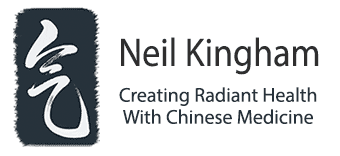Kitchen Herbs: Cinnamon
Cinnamon is one of the most useful culinary herbs for warming and stimulating the Yang. It is used to improve circulation, dispel Cold and relieve chills and also to strengthen the Qi in cases of exhaustion and debility. In Chinese medicine the bark is called Rou Gui and the twigs are called Gui Zhi.
It can be used regularly by those with poor circulation, cold hands and feet and weakness or fatigue. By strengthening the Yang it improves weak digestive systems and clears Dampness, and can help to treat frequent urination, loose stools and lack of libido.
As Cinnamon is pungent and warm, it helps to move stagnant Qi, and to this end can be used for pains in the joints, so long as they are not red and inflamed. It is especially good for the type of joint pains that are worse in the cold (In Chinese Herbalism, a different part of the tree is used particularly for this purpose – the thin twigs instead of the bark)
A tea made by boiling a cinnamon stick in water, taken hot will promote sweating and help to prevent or ward off a cold. You can add fresh ginger to enhance the effect. Just make sure not to over sweat, which will deplete the body – a mild sweat is enough.
It also helps to enhance the effect of other Qi and Blood tonifying herbs or ingredients when they are used together. Thus, cinnamon is often added to traditional tonic herbal formulas.
Use cinnamon in cooking to benefit from its strengthening and warming qualities. Porridge with a little cinnamon is a warming, strengthening way to start a winter morning. Oats strengthen both the Blood and Qi, and the cinnamon adds warmth.
NOTE: Cinnamon should be used with caution by Hot natured people (hot hands and feet, red cheeks, etc) or by pregnant or breastfeeding women



